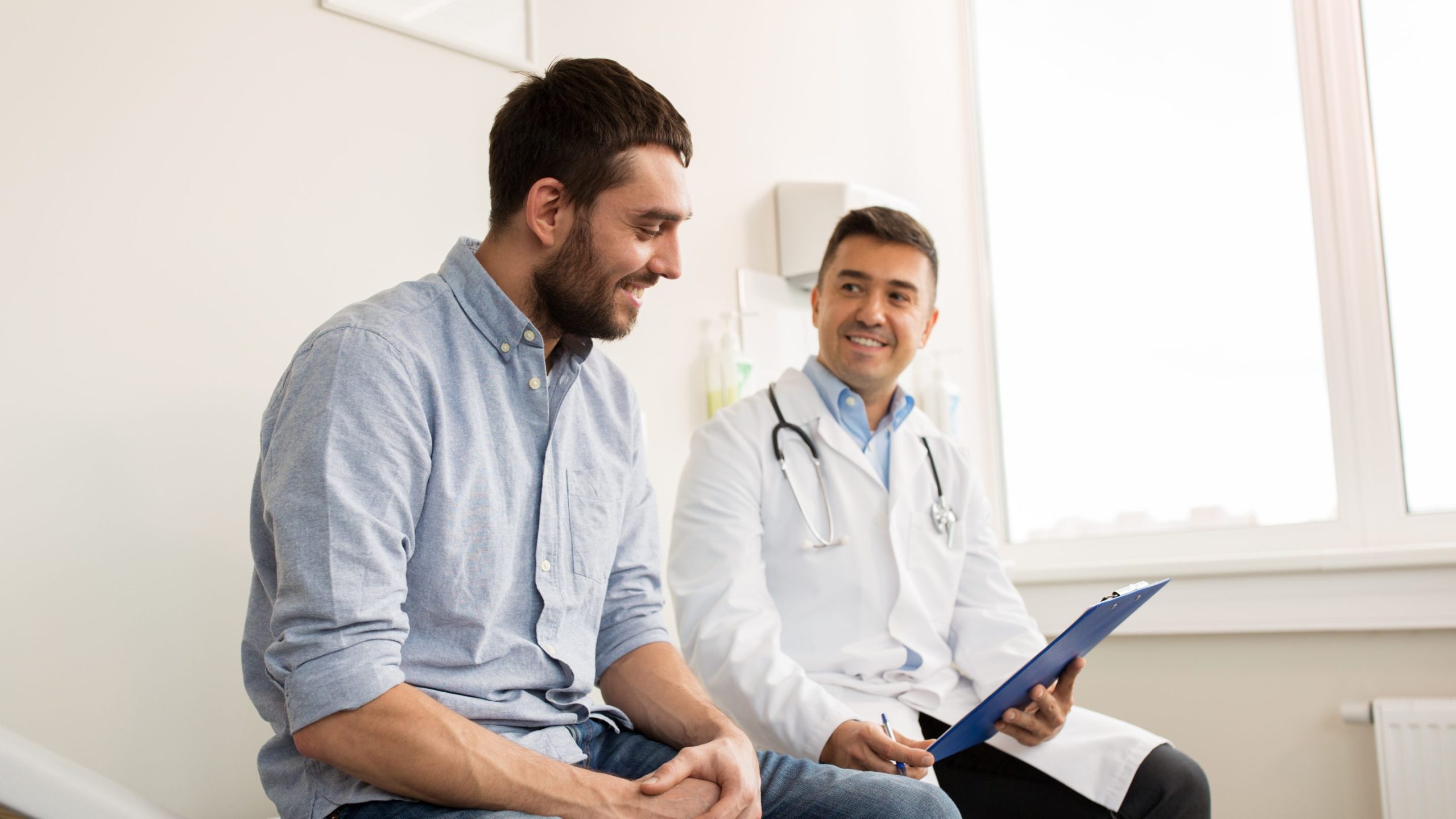Table of Contents
Most people find the idea of leaving treatment incredibly overwhelming, especially if they’re not receiving the support they need once they return home. This could make them more susceptible to relapse within the first year.
You may find yourself wondering what to expect, whether it’s your own recovery journey or that of a loved one who has just left rehab. If you’ve just finished an inpatient programme, you may feel the hardest part is over. However, addiction recovery is a journey that requires dedication and commitment.
Early Stages of Recovery
Inpatient rehab programmes will help you detox from any substances still in your system. This is the first step towards long-term recovery from addiction. The process can feel extremely overwhelming and emotions will be heightened. Changes in appetite, no desire to participate in activities, little motivation, and distorted sleep patterns are completely normal during this stage of recovery, as it can take time for the mind and body to find balance again. The best way to counteract these experiences is to structure your day and follow a routine. This includes eating healthy meals regularly and drinking plenty of water.
Connection
The opposite of addiction is connection. Addiction can leave you feeling isolated and alone in your experience. Having people around you who are also in recovery is encouraged as they have first-hand experience with what you are going through. Twelve-step fellowships and outpatient programmes enable connection with others who understand your struggle. Attending support groups such as AA/NA (Alcoholics or Narcotics Anonymous) is highly recommended for help in maintaining long-term sobriety.
Family
Navigating a loved one’s addiction and recovery can feel stressful, almost as if you’re walking on eggshells. Old fears are likely to creep in about where they’re going late at night or why they missed a day of work. It’s normal to fear relapse for your loved one, but managing expectations can help with this. Remember that they are the ones in charge of their recovery, not you.

Relapse
There is always a concern about relapse when discussing addiction. This is a common fear among family members, loved ones, and especially the person in recovery. Some may have been down that road before and fear it will happen again. Recovery from relapse may require a return to rehab, depending on the severity of the substance misuse.
Things You Can Do to Maintain Sobriety After Rehab
Join the 12 Step Communities
Online or in-person, 12-step communities often play a vital role in recovery. There are meetings everywhere for all different types of 12-step groups. This involves groups for eating disorders, alcohol, narcotics, specific drugs, and process addictions such as gambling, sex, codependency, and more. They are free groups that you can attend live or virtually. Those who attend these 12-step meetings have grappled with and overcome the same issues you or your loved one is dealing with. Millions of people have found recovery using the 12 steps and its community.
Work on Your Nutrition
Ensuring you or your loved one is having a balanced diet can make all the difference in recovery. Sometimes the thought of food and what to cook for lunch or dinner can be overwhelming. Making a meal plan can assist with these feelings. If cooking is overwhelming, there are many pre-made food options such as ready-meal boxes that can be delivered to your doorstep that make eating well easy. Your gut and what you put into it are connected to your overall mental wellbeing. Eating what you like, incorporating all food groups to ensure you are having a balanced diet, and making food a positive experience will all be beneficial to your or your loved one’s recovery.

Exercise Regularly
Exercise is often overlooked as something important to recovery. Keeping your body moving has proven to help anxiety, improve sleep, and one’s general outlook on life. If funds allow, a personal trainer is a great way to stay accountable and implement fitness into one’s week as well as provide connection. However, there are also millions of online classes through apps and YouTube where you can work out in the comfort of your own home, whether it be in the living room, garden, or even in the park. Fitness can also include going for a walk with a friend or hiking with a dog and connecting with nature all of which can improve one’s quality of life and promote recovery.
Create a Routine
Whilst in treatment one’s day-to-day life is pretty much planned out. A typical day will involve getting up at a reasonable hour, exercising, three balanced meals, group therapy, individual therapy, and the list could go on. When exiting treatment, it can be overwhelming if you suddenly feel you have all this free time on your hands. Creating a weekly or day-to-day schedule can eliminate some of the stress of knowing or not knowing what to do for the day. Planning your schedule around meetings, exercise, and mealtime is a great place to start. Remember not to overwhelm your schedule. It is about finding the right balance between connecting to others and staying busy whilst also having time for oneself.
Live a Life Free of Addiction
Call CATCH Recovery Today 020 3098 2503
Addiction Recovery Support in London
Whether you are new in recovery or are the family member or loved one of someone who is new to recovery, the early stages can be difficult to navigate. Loved ones can be overrun with worry and anxiety and the sufferer can feel scared and overwhelmed.
At CATCH Recovery, we understand how challenging it can be to leave rehab and get back to reality. Each client who completes our rehab programme is given access to our exceptional aftercare services.
Our South West London clinic offers face-to-face relapse prevention therapy as well as other forms of bespoke aftercare treatment.
If you’re struggling but don’t live in the South of England, you may find our Telehealth services ideal. Telehealth allows our clients to receive help and support for alcohol or drug addiction remotely on platforms such as Zoom, Skype, or Teams.
Alternatively, we also provide referrals to rehabs in other areas in the UK and Ireland as well as clinics in Sweden and The Netherlands.




